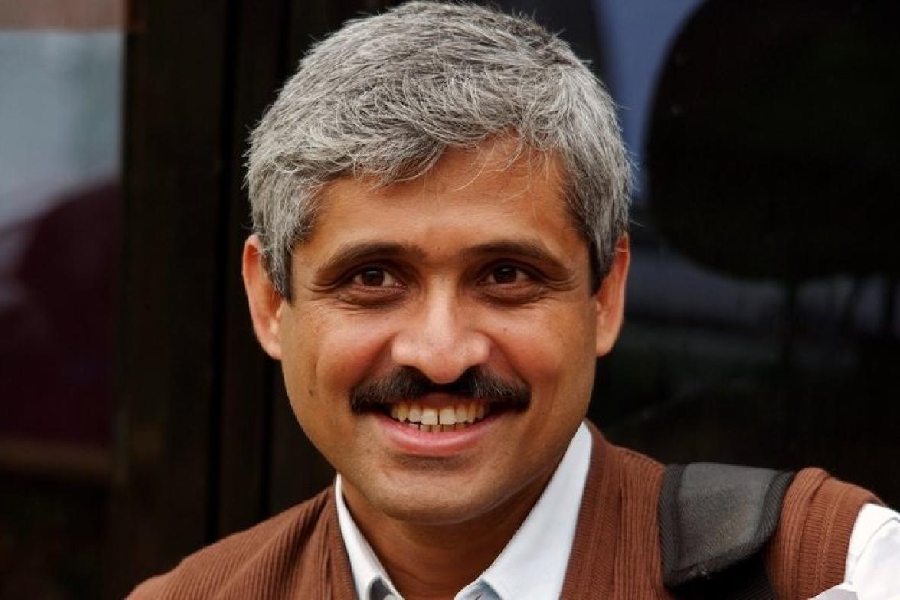Oncologist Ravi Kannan R, who gave up a prestigious position in Chennai to come and work in Silchar town of Assam, will receive the 2023 Ramon Magsaysay Award for “pushing the boundaries” of “pro-people health care and cancer care”.
Kannan, 59, who was awarded the Padma Shri in 2020, told The Telegraph that the Magsaysay Award was “not about” him.
Rather, he said, it was a nod to “collaborative human effort and human goodness to improve the lot of fellow human beings”, an endeavour in which he was playing his part.
The director of the non-profit Cachar Cancer Hospital and Research Centre (CCHRC) is the first recipient of the award from Assam.
The Board of Trustees of the Ramon Magsaysay Award Foundation on Thursday announced that four individuals — Korvi Rakshand (Bangladesh), Kannan, Miriam Coronel-Ferrer (the Philippines) and Eugenio-Lemos (Timor-Leste) would this year receive the award, “Asia’s premier prize and highest honour”.
The Foundation said that Kannan, a “hero for holistic health care”, was being recognised for “his profession’s highest ideals of public service, his combination of skill, commitment, and compassion in pushing the boundaries of people-centred, pro-poor health care and cancer care, and for having built, without expectation of reward, a beacon of hope for millions in the Indian state of Assam, thus setting a shining example for all”.
Assam got its first cancer hospital in 1981. The CCHRC was the state’s second such hospital, established in 1996 at the initiative of a non-profit society of local citizens, funded by public philanthropy on land provided by the government.
In its citation, the Foundation said “it surprised many that Kannan, who previously headed the surgical oncology department in Adyar Cancer Institute, a major cancer institute in Chennai, would exchange a position in a big city for a small hospital in a remote part of the country. Kannan had a simple answer. It was where he was most needed”.
The CCHRC had limited facilities when Kannan came on board. Today, it has 28 departments covering oncology, pathology, radiology, microbiology, epidemiology, tumour registry and palliative care, and other services and specialisations. “From a staff of only twenty-three, the hospital now employs 451 people,” the citation said.
The hospital introduced pro-poor initiatives such as free treatment, food and lodging, ad hoc employment for caregivers, and a homecare programme.
Kannan saw from the beginning that just having a state-of-the-art cancer facility would not help, because the patient compliance-to-treatment rate was a lowly 28 per cent.
“Patients came but did not continue their treatment due to such reasons as the difficulties of travelling long distances, the cost (including the loss of income of family caregivers), and resignation to the belief that the patient would never be cured. Clearly, the underlying reason was poverty,” the Foundation said.
“Hospital team members would travel long distances to train family members in pain management and palliative care, as well as provide free medicines. As a result, patient compliance rates rose to 70 per cent. (The) CCHRC now provides free or subsidised cancer care treatments to an average of 5,000 new patients annually, catering to approximately 20,000 poor patients for treatments and follow-ups,” the citation said.










